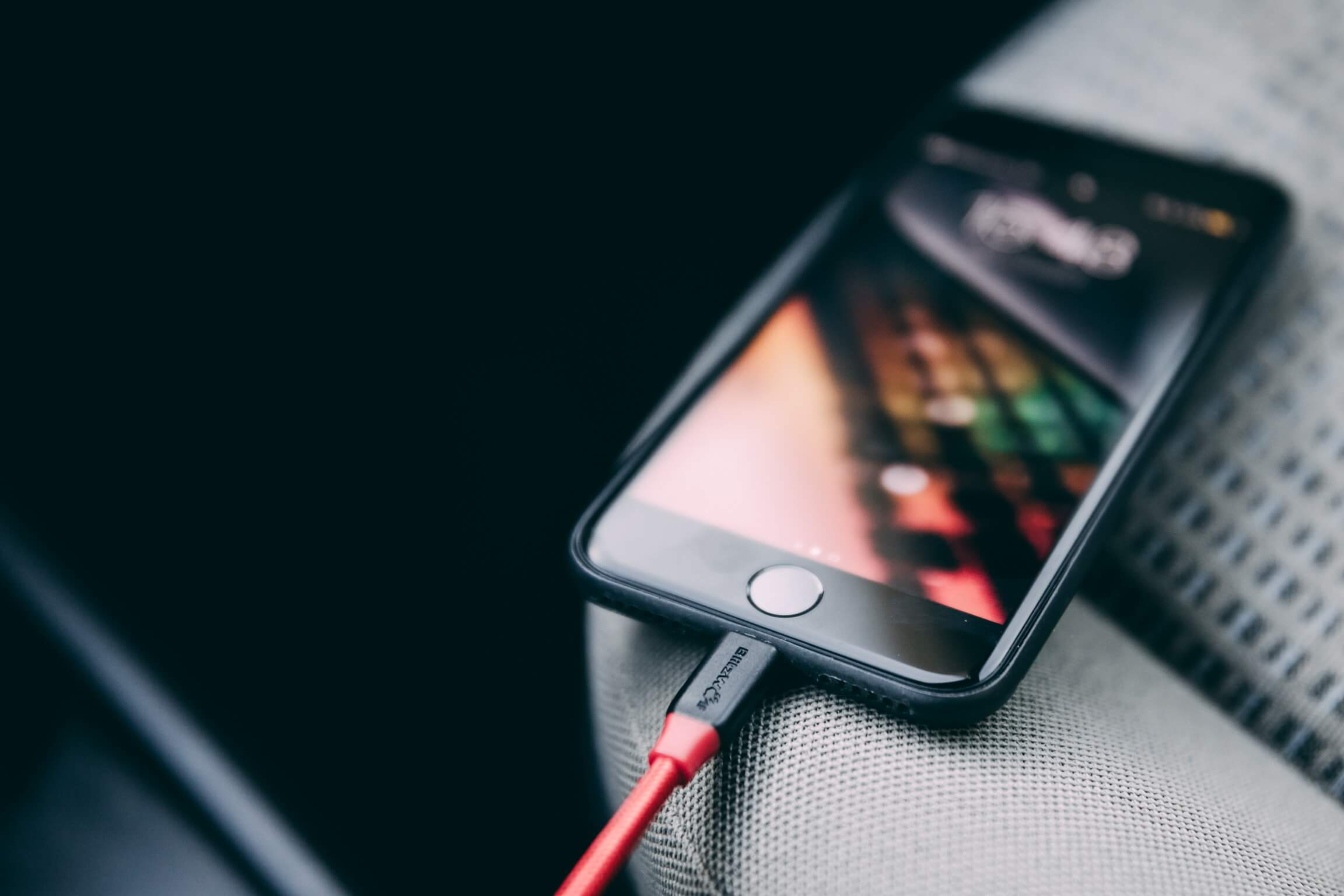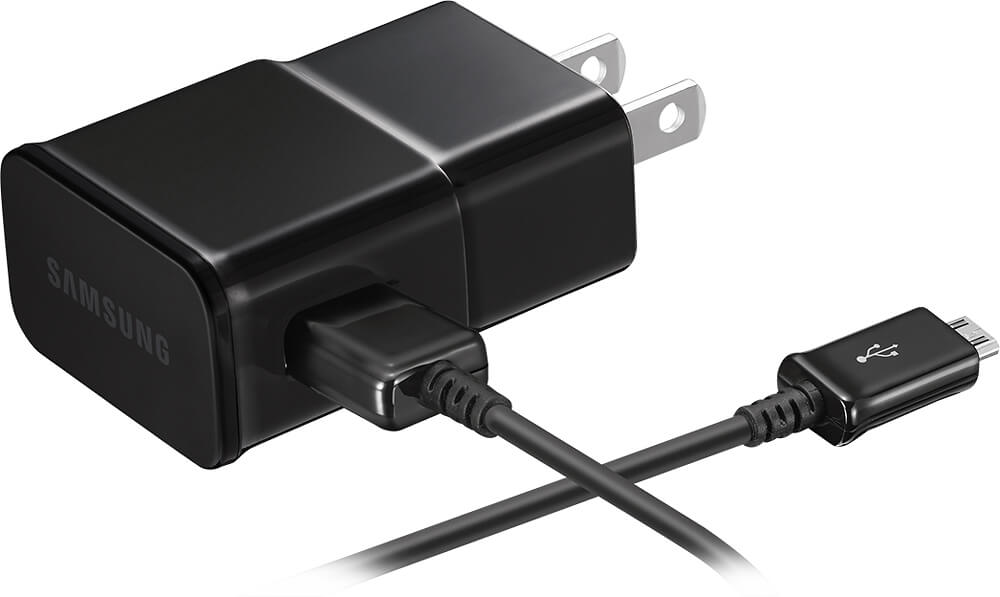In brief: The EU still wants universally compatible phone chargers and is reinvestigating the benefits nearly a decade after the original proposal. Even though many phones already have the same port, that does not mean guaranteed compatibility of chargers.

Regulators from part of the European Union are looking to revisit a proposal to force a universally compatible phone charger. Between phone manufacturers, there are dozens of different charging blocks, not all of which are compatible with one another. The result is a lot of electronics ending up in the garbage and often needing replacement units every few years.
Going all the way back to 2009 when the EU first visited these issues of unnecessary electronic waste and consumer inconvenience, 14 companies signed on to a memorandum of understanding. Under the voluntary agreement, there was to be more widely compatible chargers launched by 2011. Clearly that did not work out as well as regulators may have hoped.
Moving forward, several businesses signed new agreements in 2013 and 2014 following the expiration of the original memorandum in 2012. Looking around at a few different Android phones and the current iPhones, it is clear that universal compatibility is still not a reality.
"Given the unsatisfactory progress with this voluntary approach, the Commission will shortly launch an impact assessment study to evaluate costs and benefits of different other options," said EU competition chief Margrethe Vestager.
Arguments for switching to a more universal standard are fairly clear. Over 51,000 tons of chargers are discarded annually and more than 13 million tons of greenhouse gas emissions could be saved using more efficient designs. However, this direct regulation could potentially stifle longer term innovations since legislation rarely keeps up with research and development.

Apple, Samsung, Huawei, and Nokia all were signers of the first voluntary memorandum. Now that the majority of Android smartphones are using USB-C as their primary port and Apple is considering implementing USB-C support on future iPhones, it seems that the EU is at least a little closer to getting its wish.
Unfortunately, just because most phones will have USB-C on at least one end of their charging cable does not mean all chargers are compatible. Different fast charging technologies such as Qualcomm's Quick Charge found on many flagships and OPPO's Dash Charge found on OnePlus devices have different electronic requirements.
Plugging in devices that support various fast charging protocols into a charger without appropriate power capabilities will result in slow charging or sometimes even a complete rejection, as is the case with many non-Apple certified chargers and lightning cables.
From a consumer standpoint, it would be absolutely wonderful to have several days worth of battery life, but the next best thing would be a device that can use just about any charger laying around the house instead of running off to find the one working charger.
In the event that the EU does pass new regulations, it will be interesting to see how companies with proprietary technologies like Apple adapt. Non-compliance with EU rules typically does not go over well and can result in hefty fines or even outright bans until changes are made.
https://www.techspot.com/news/75849-europe-wants-single-universally-compatible-phone-charger.html